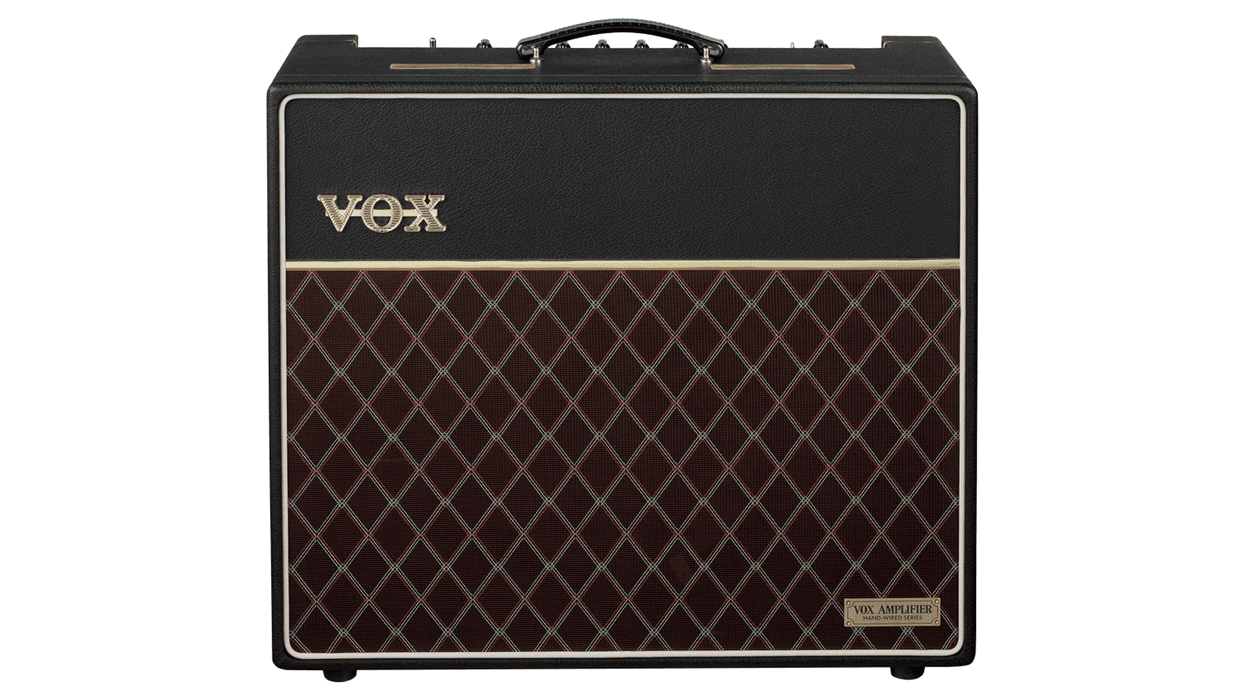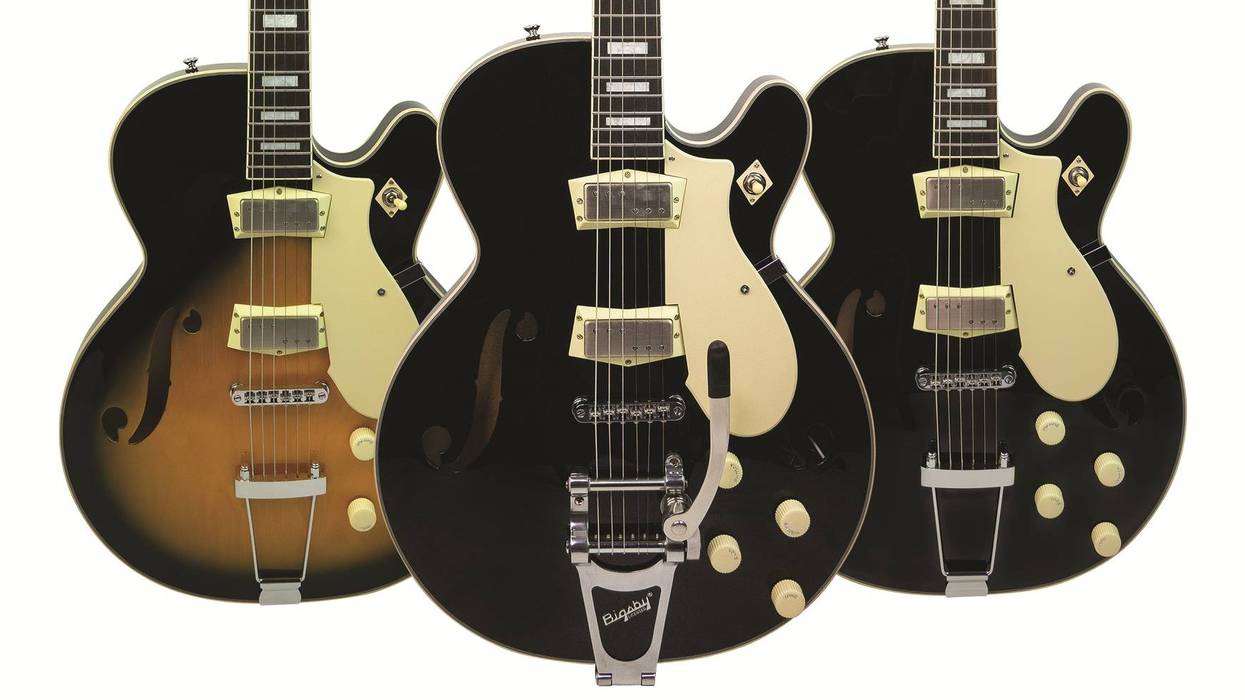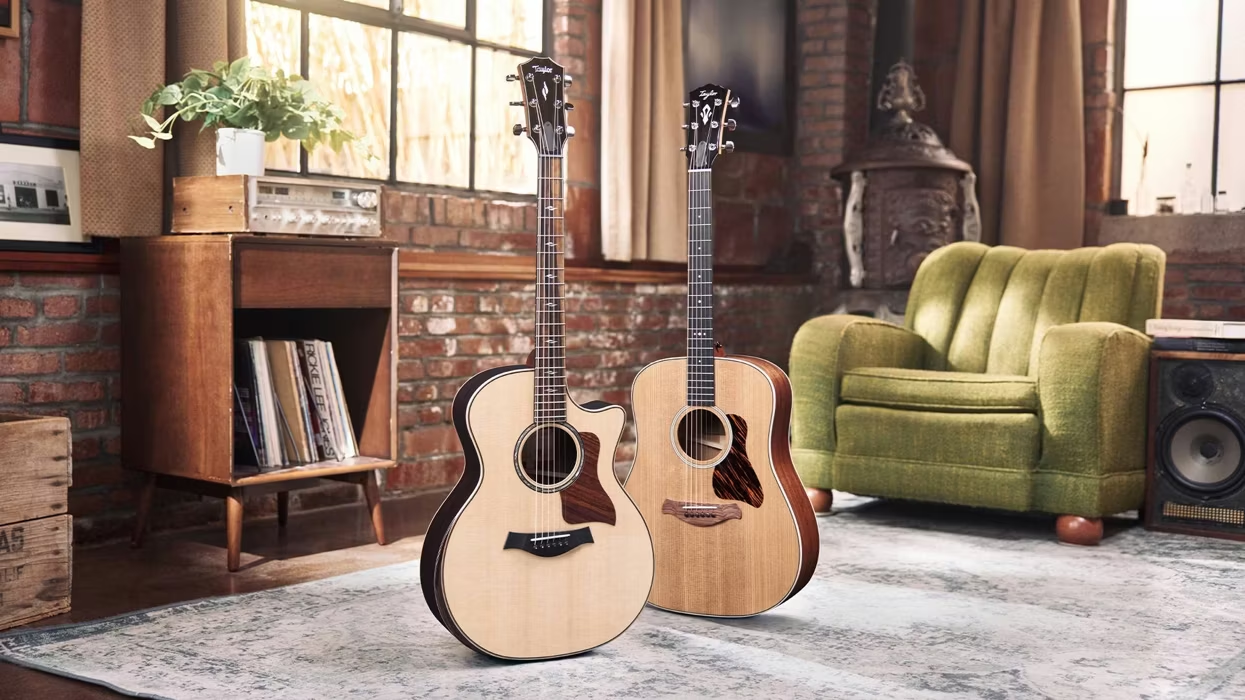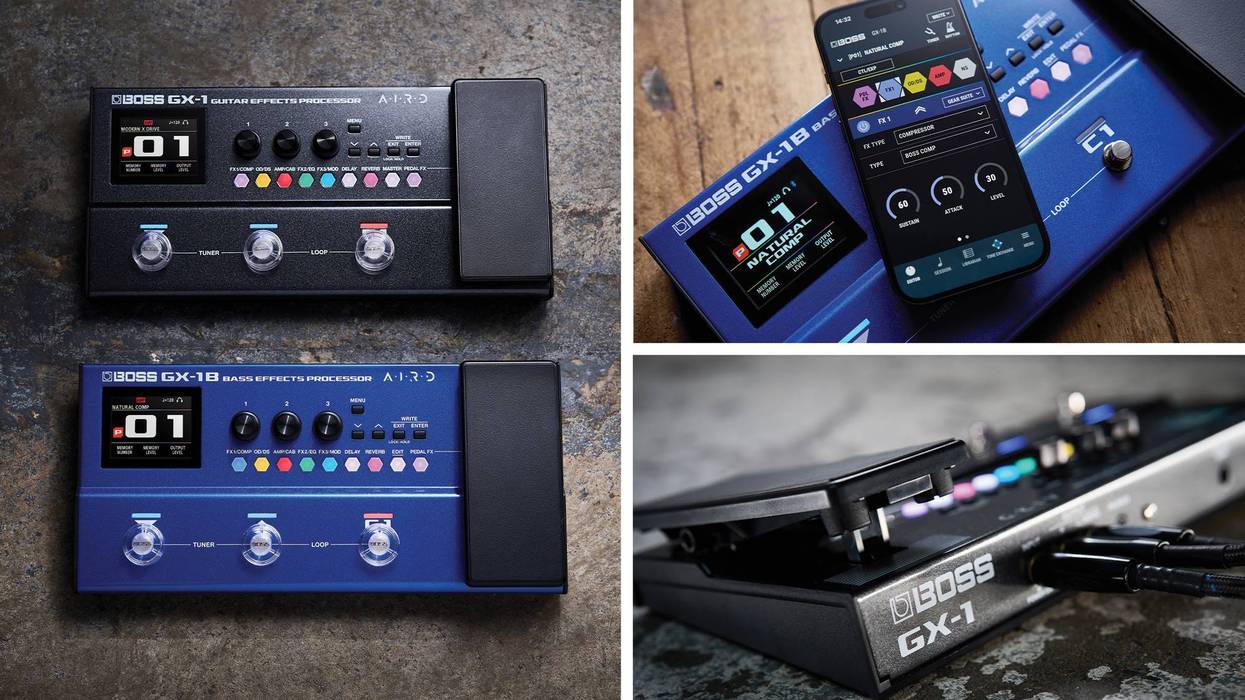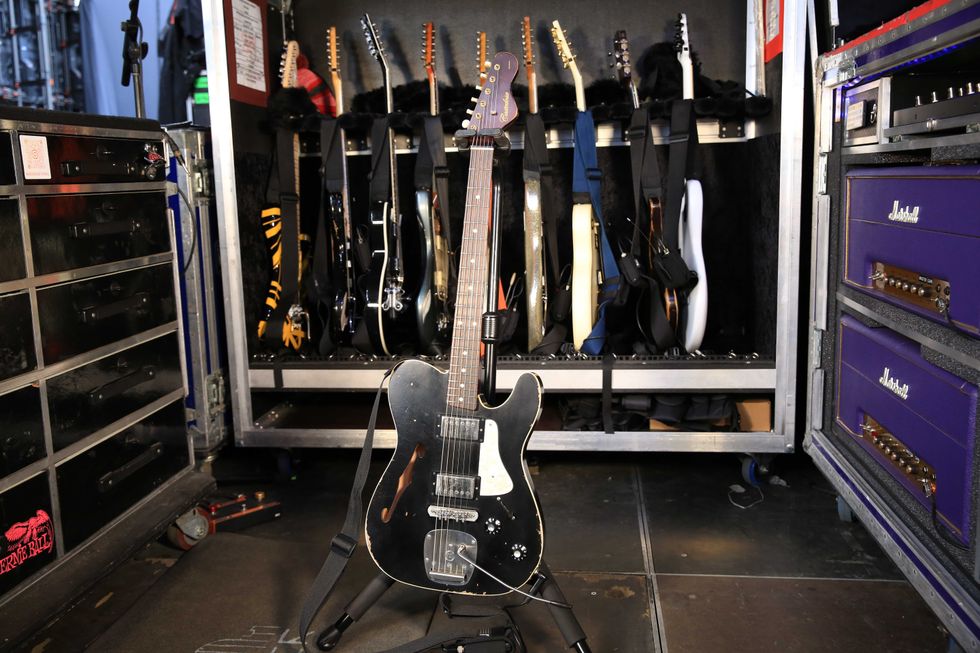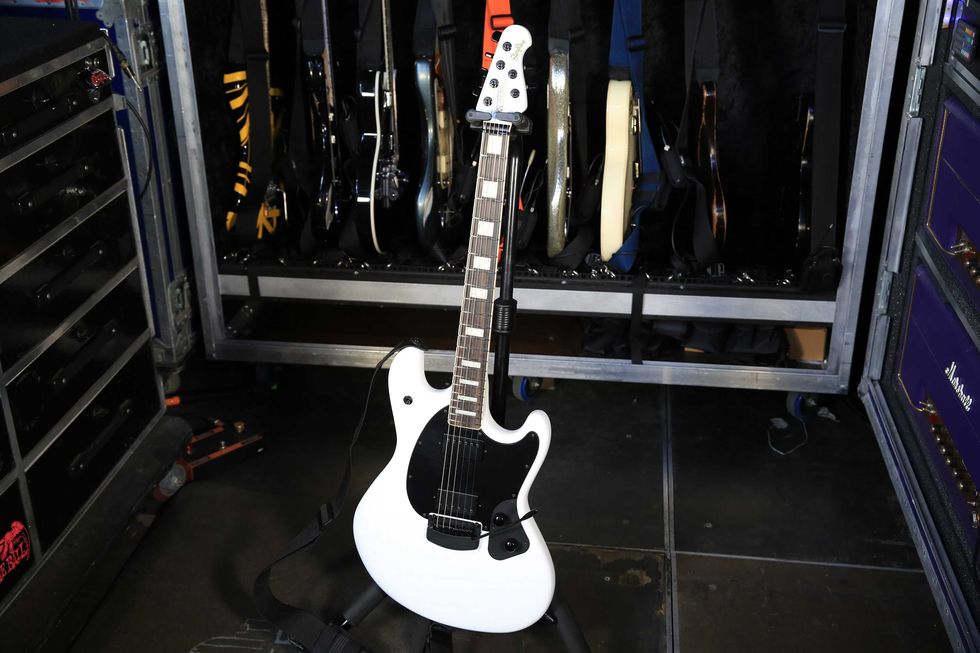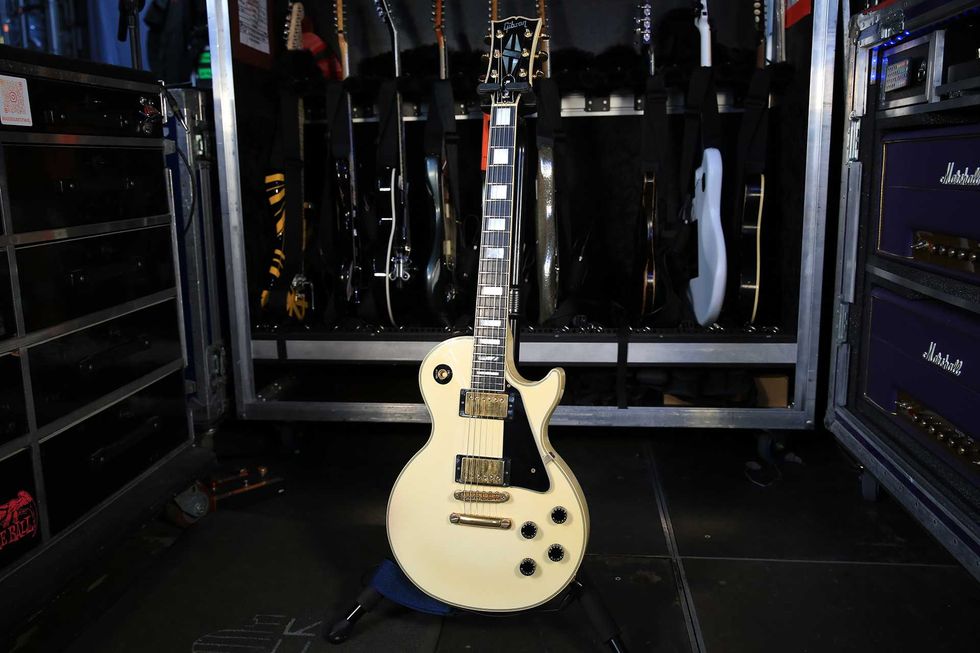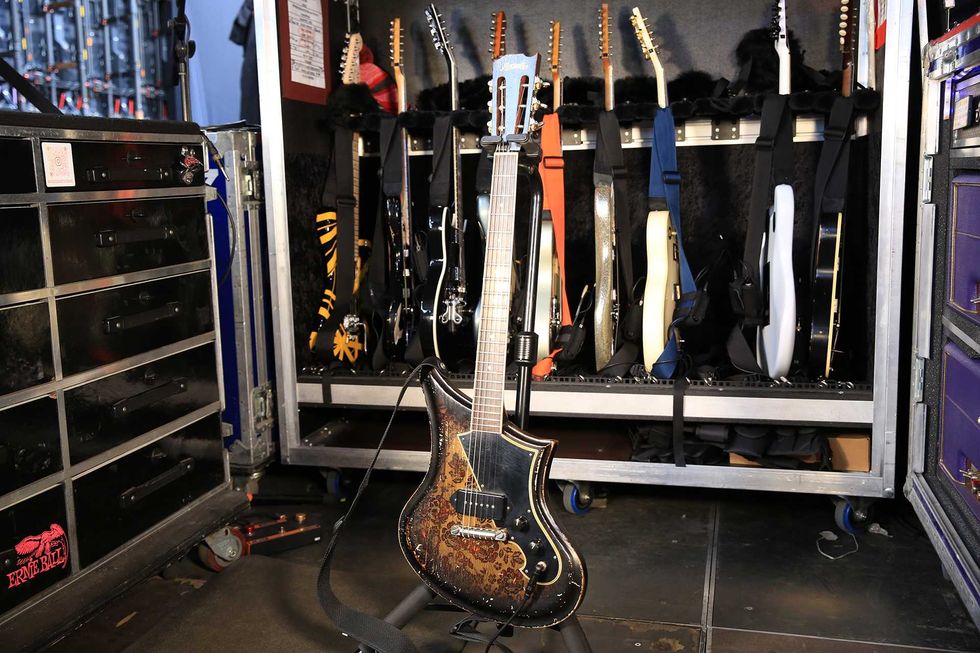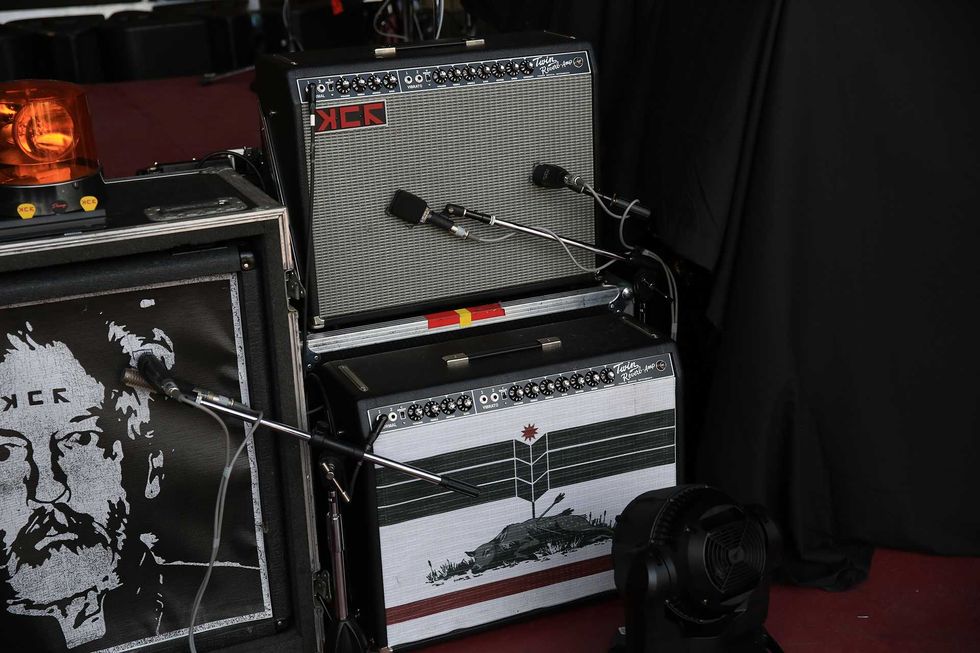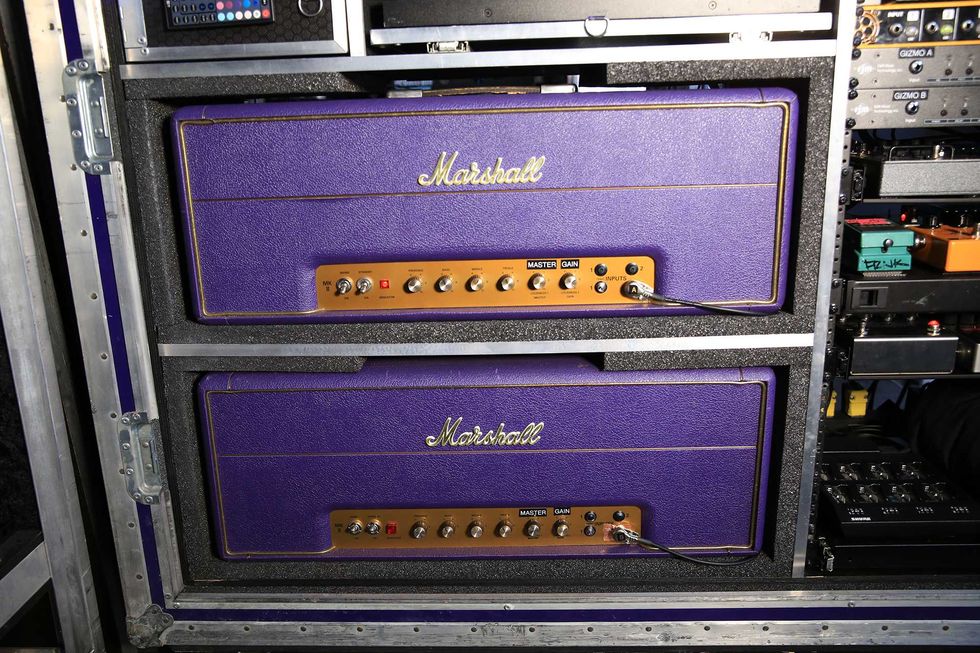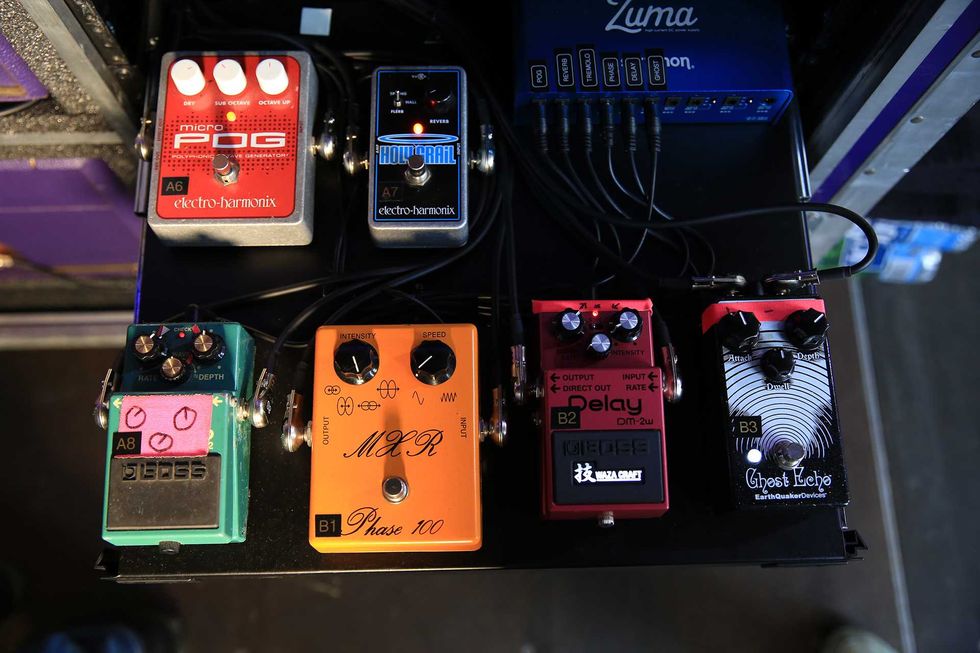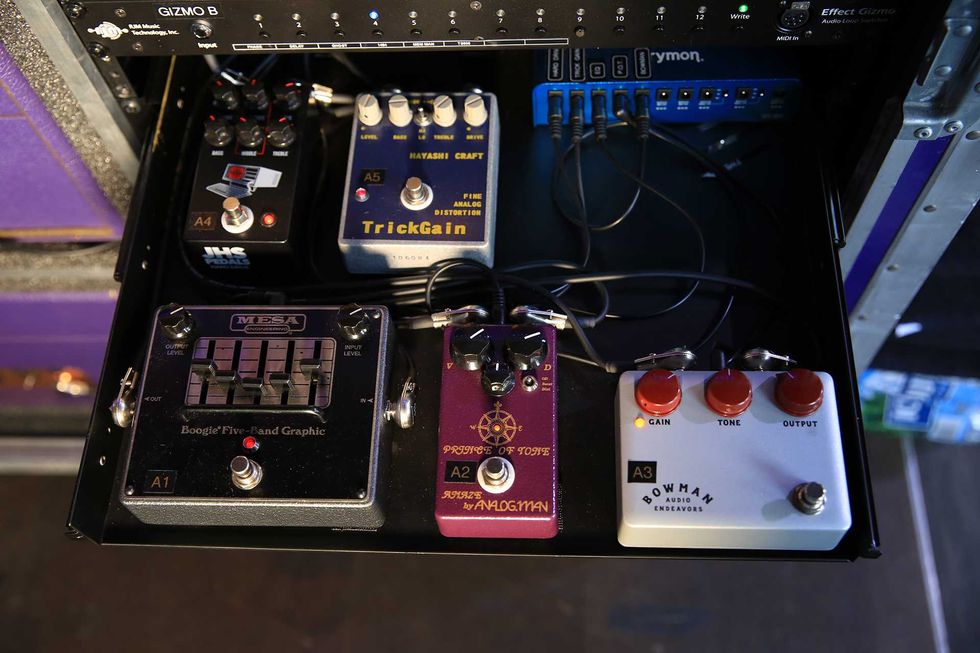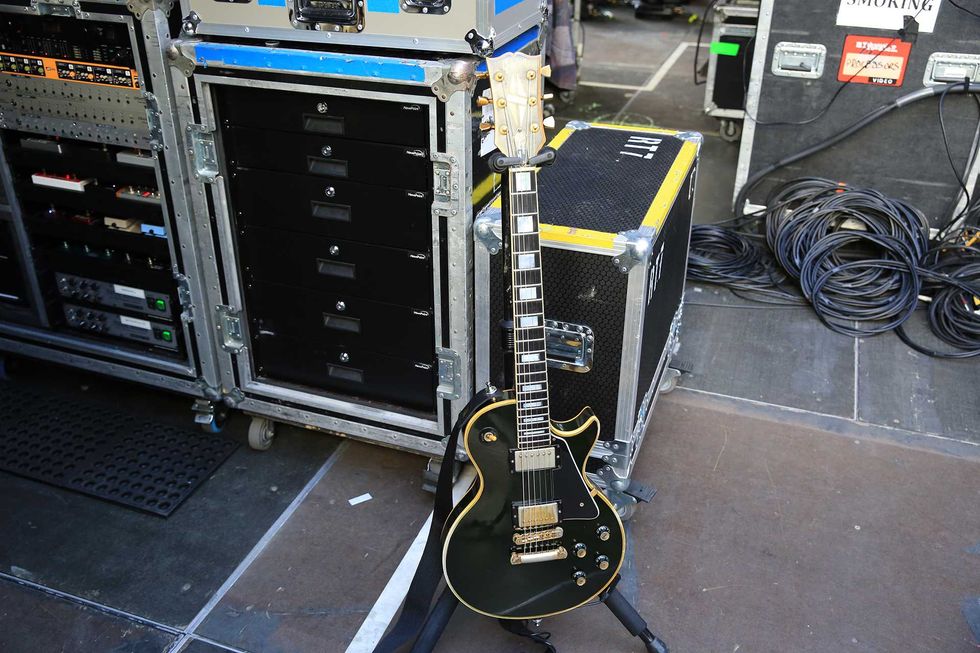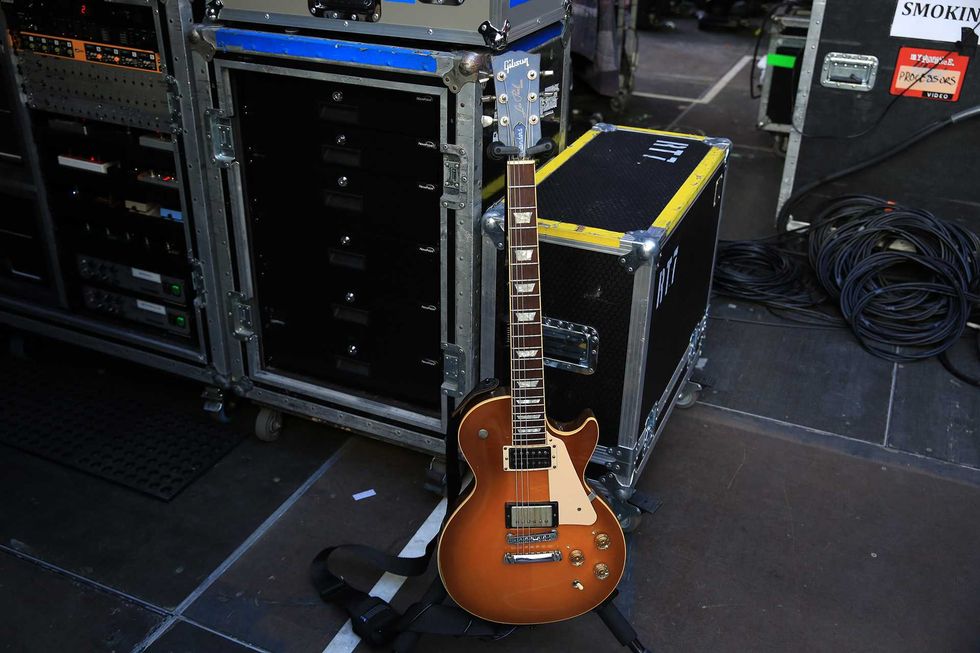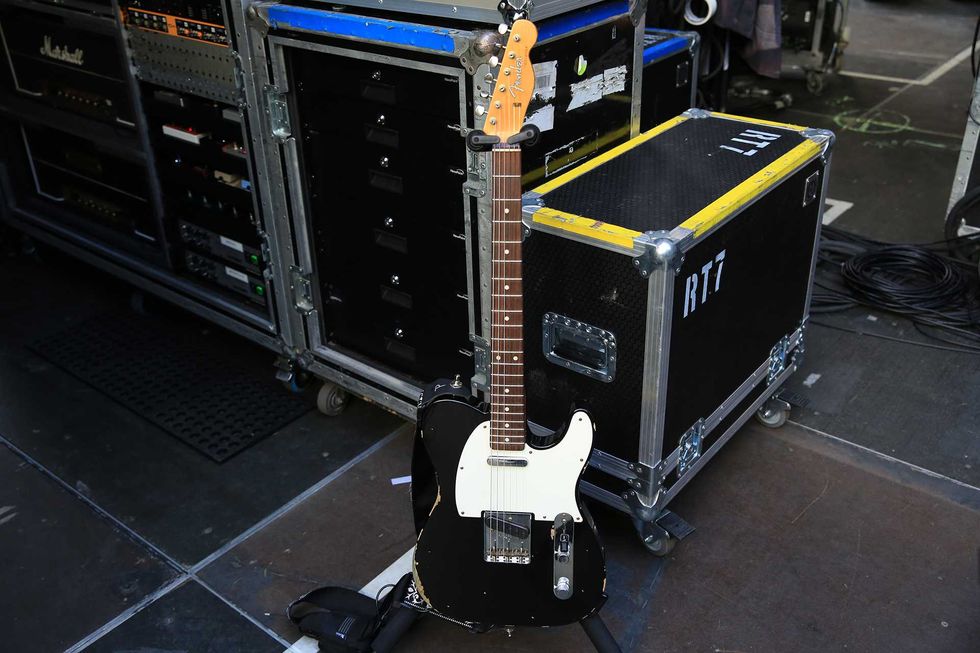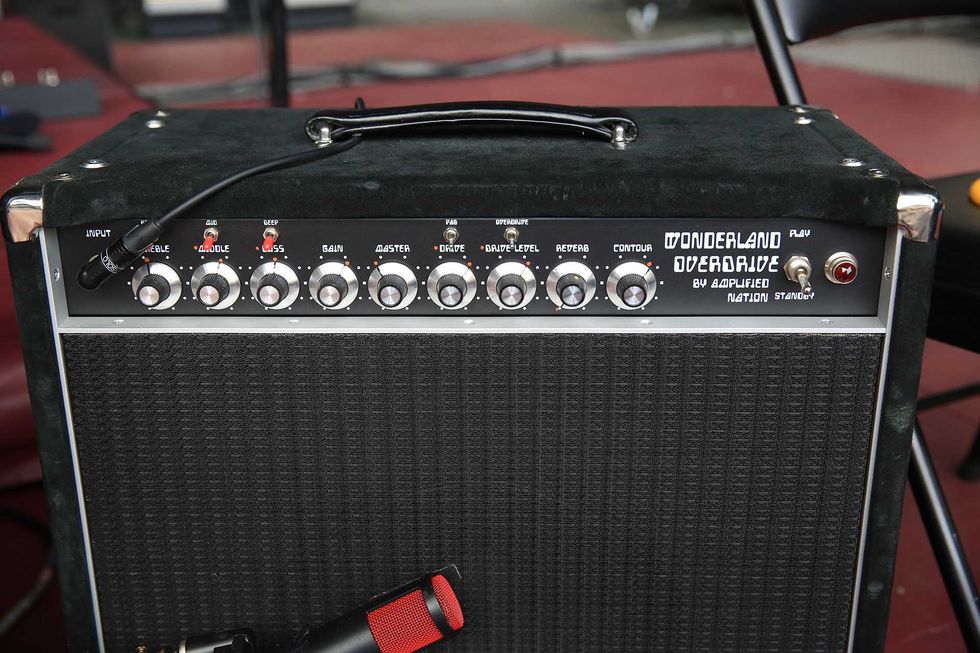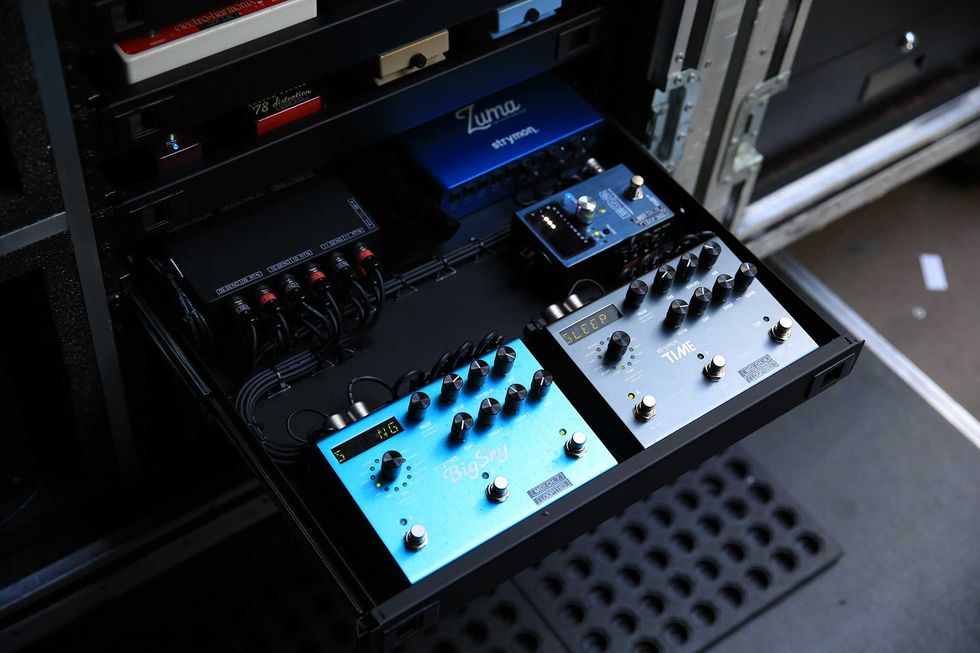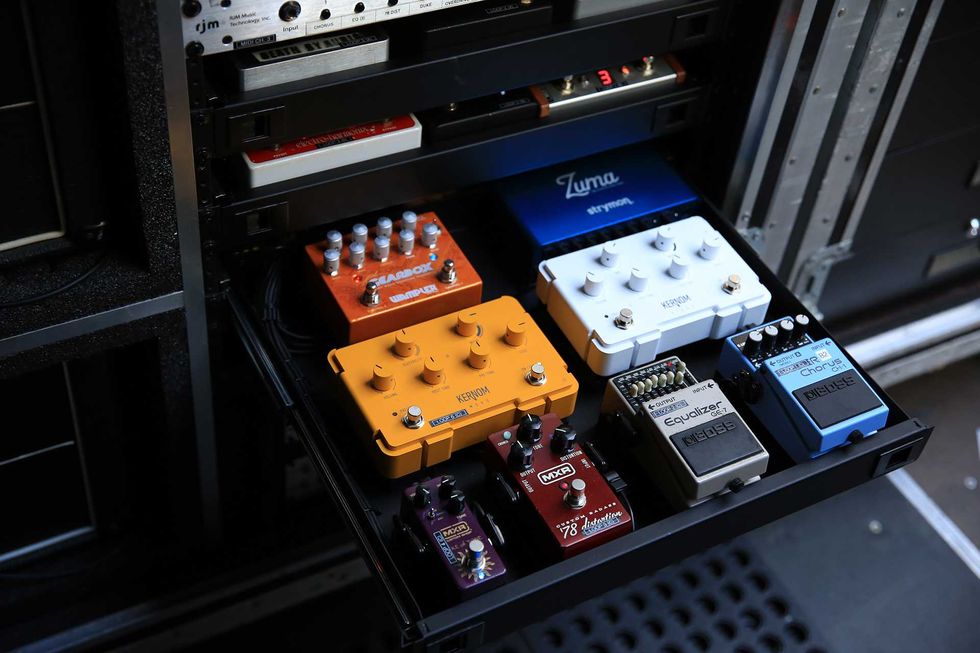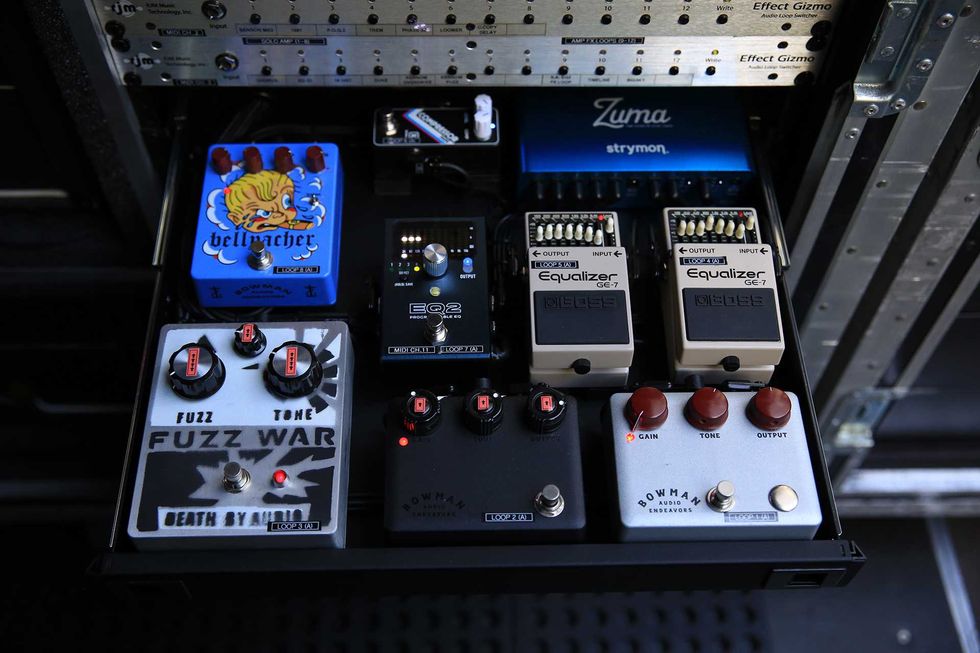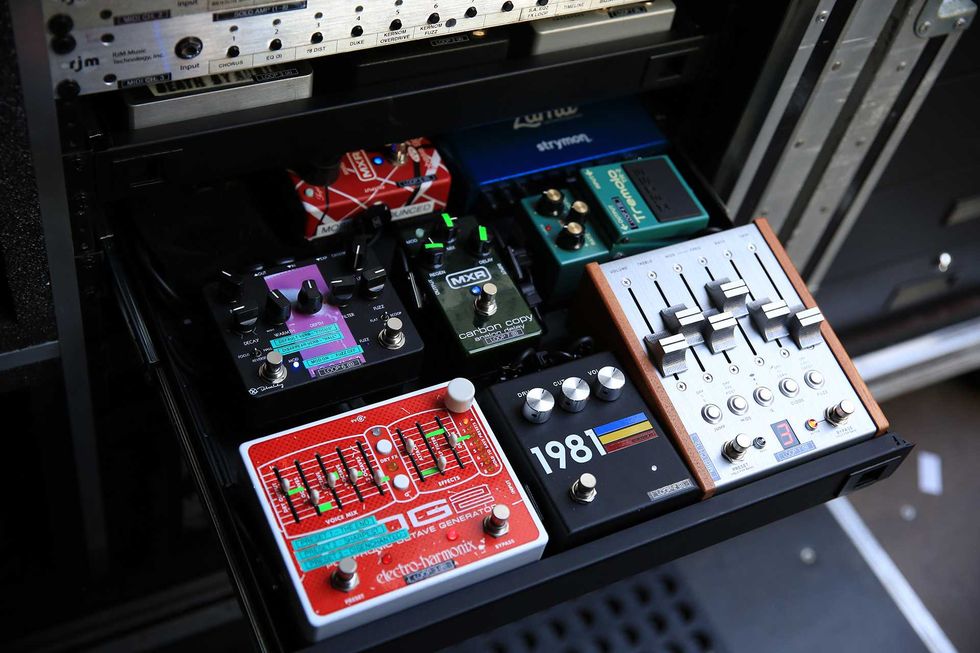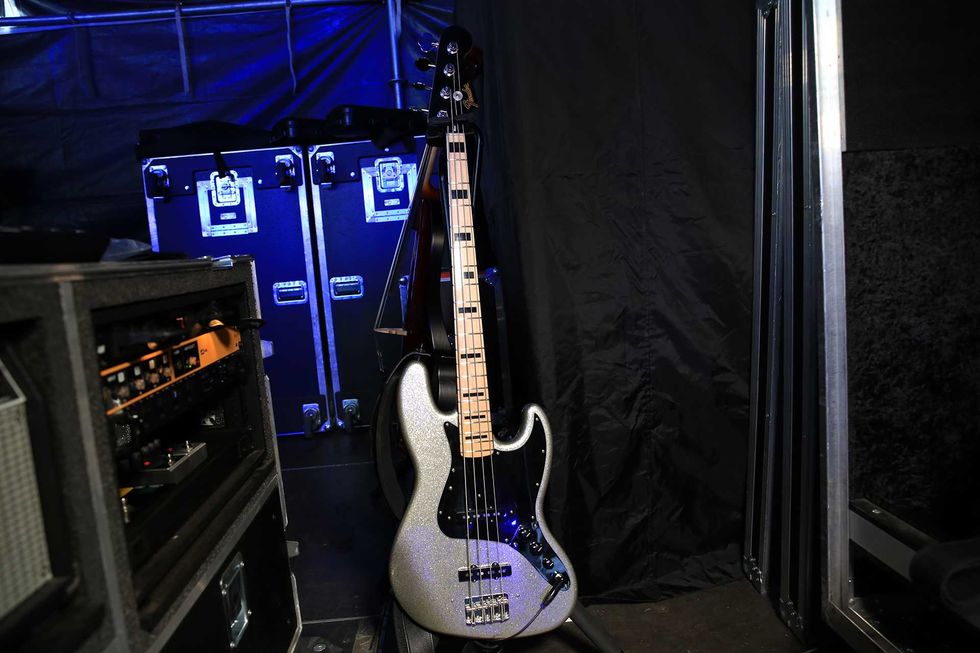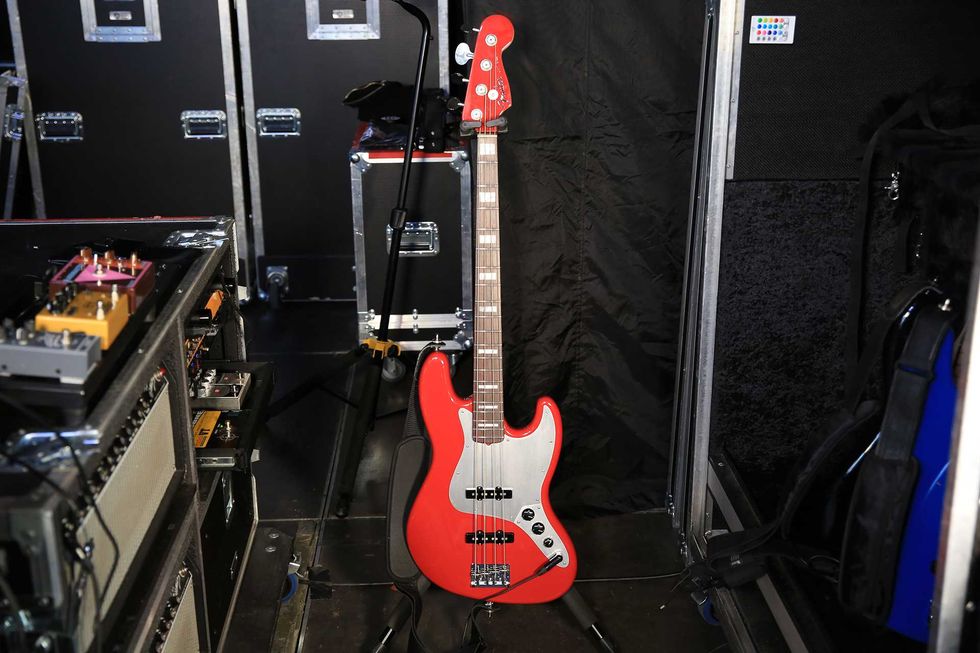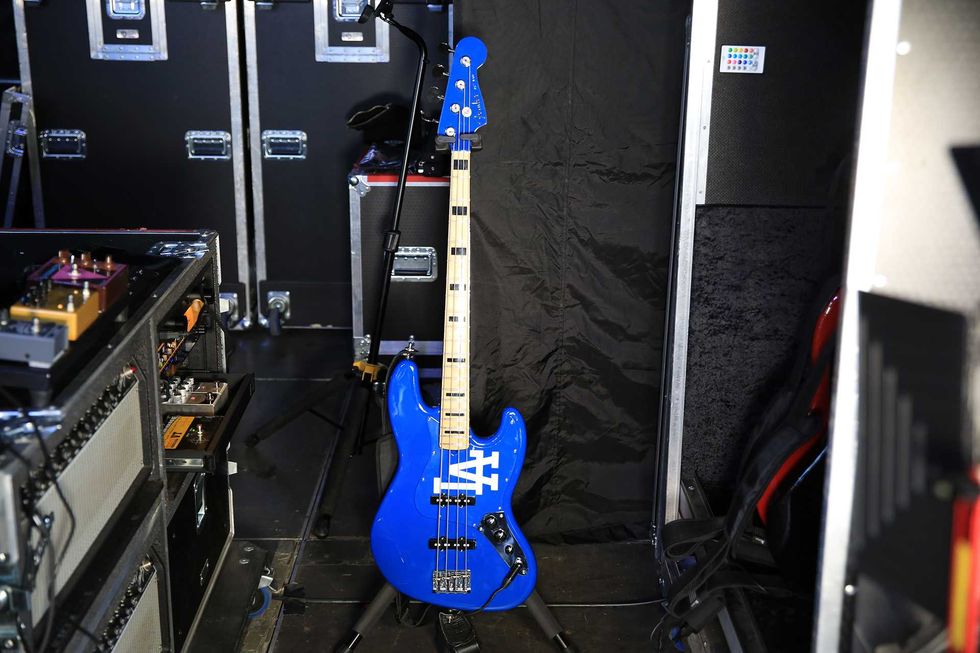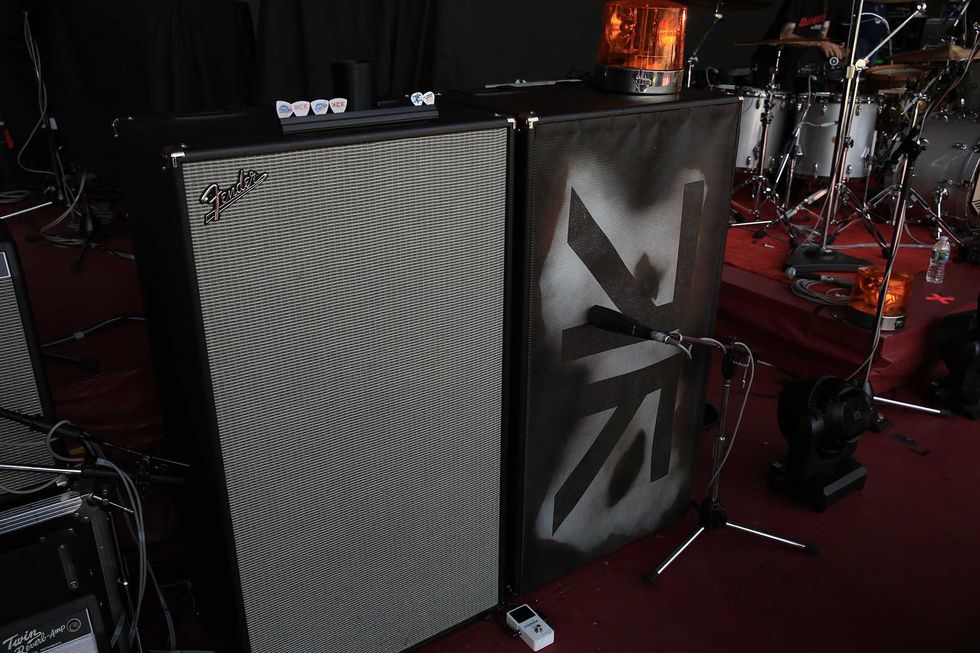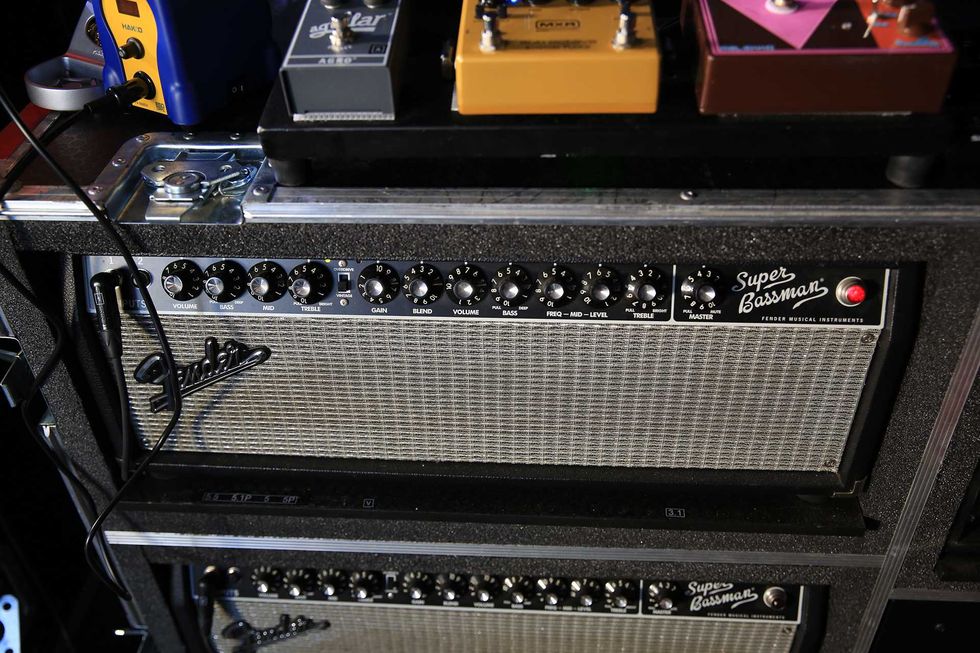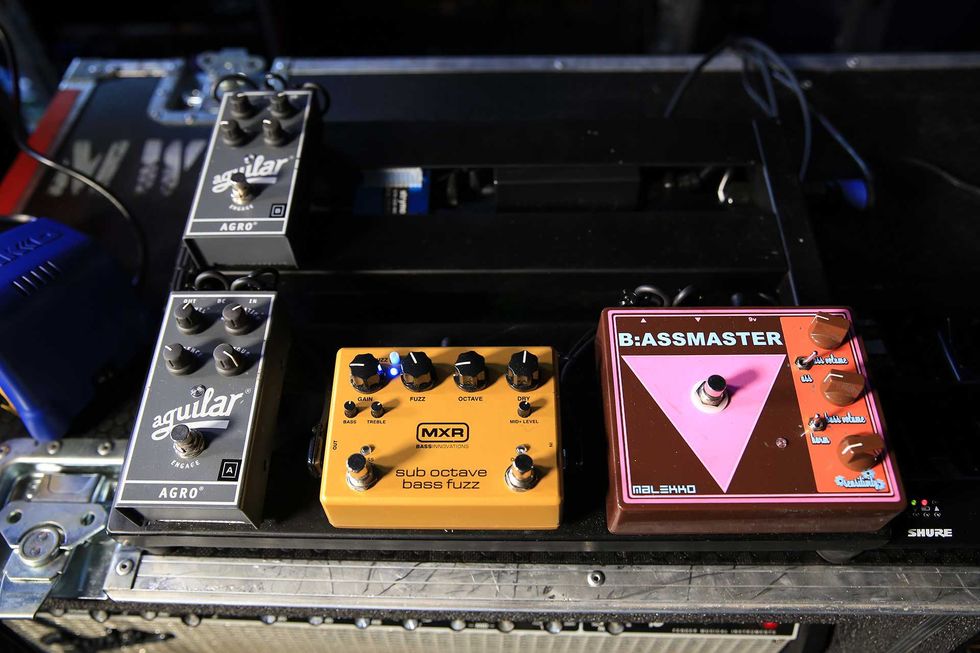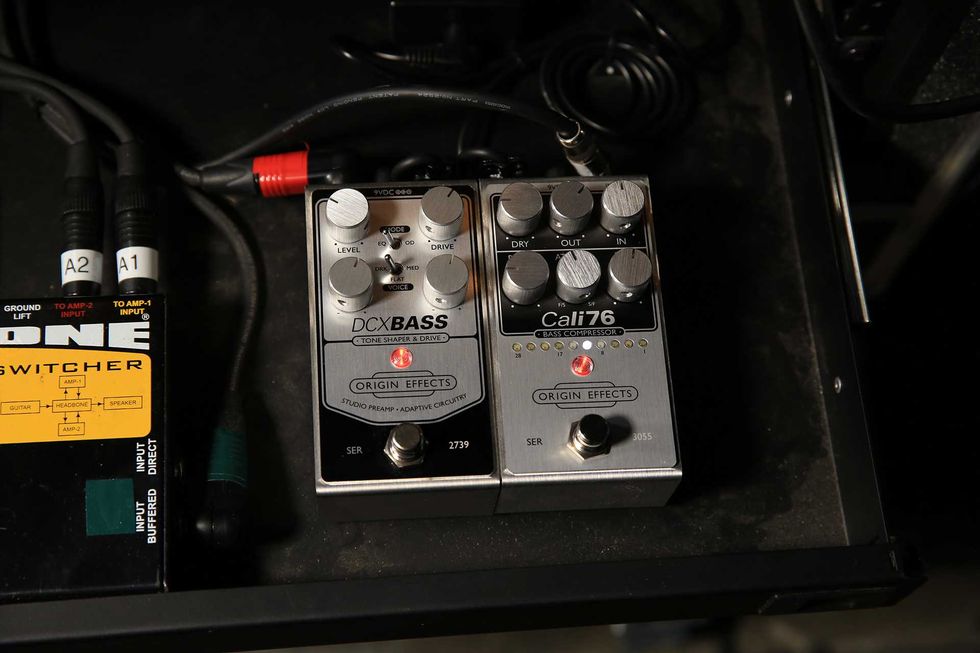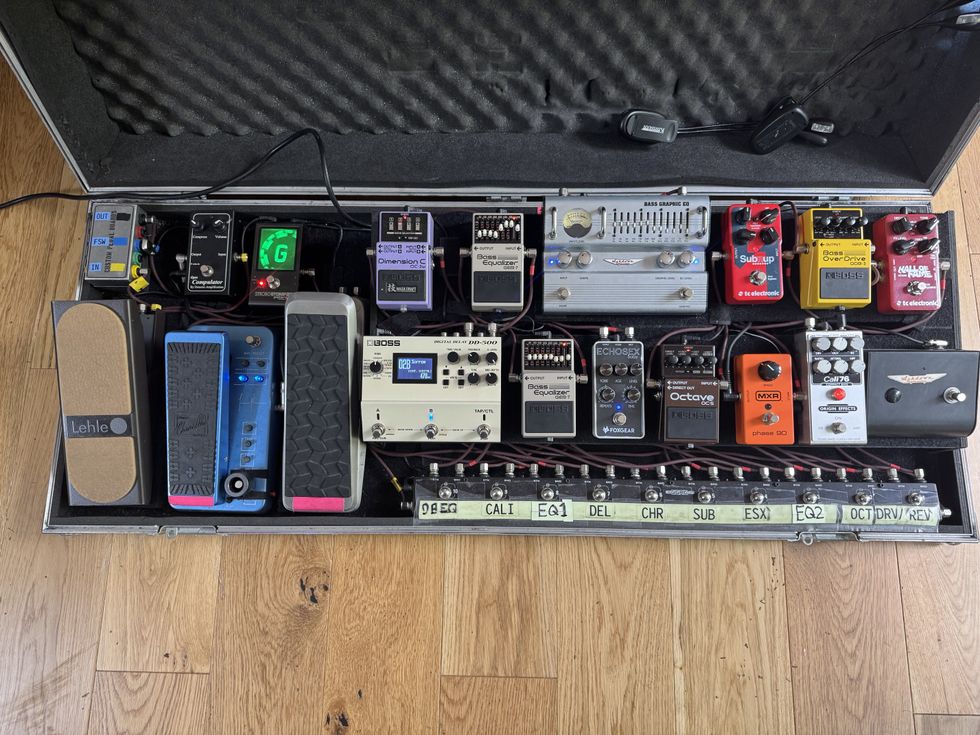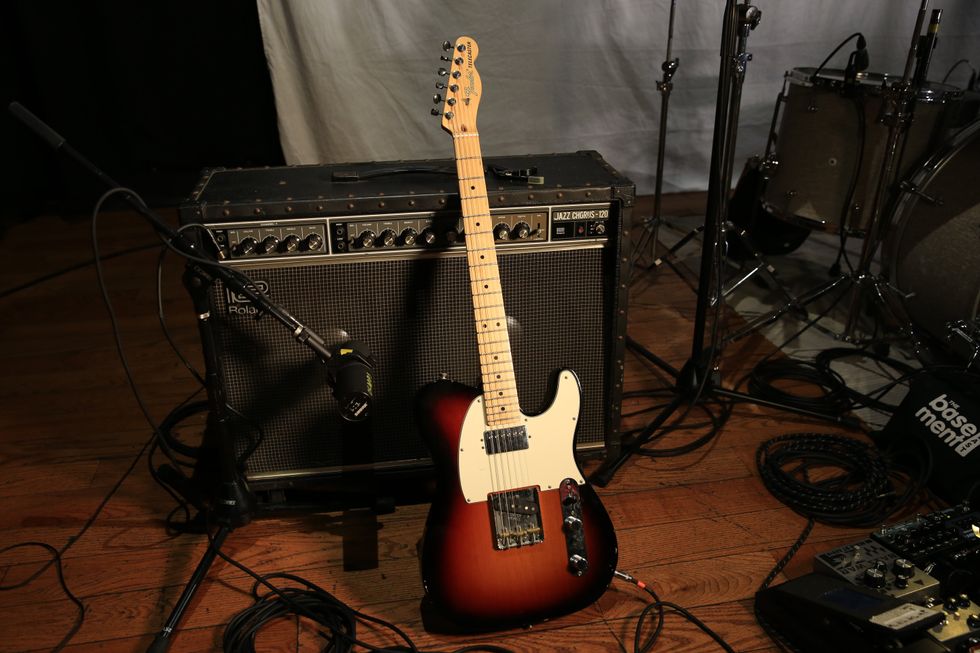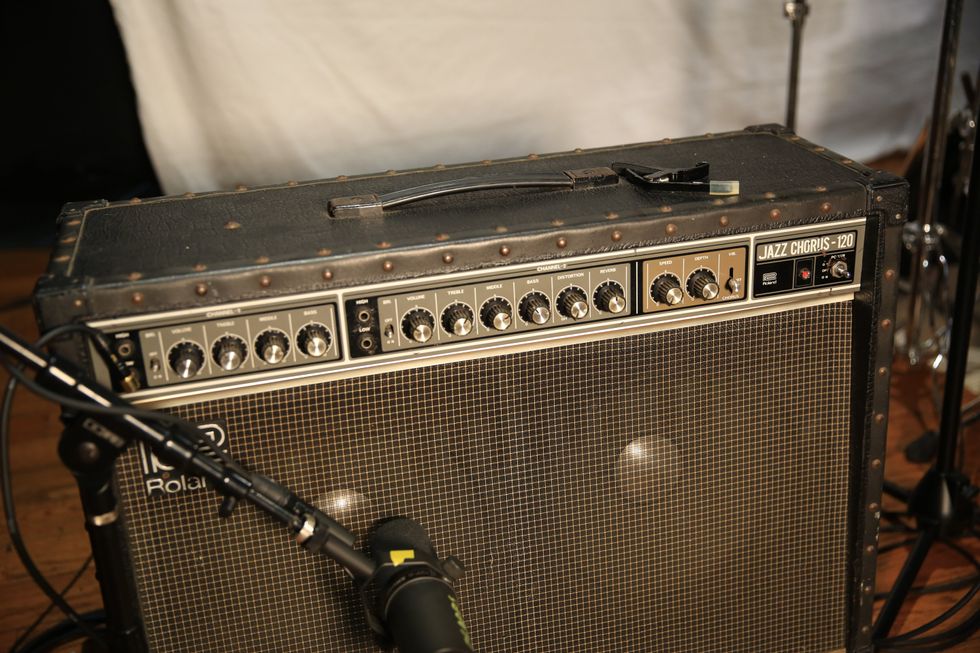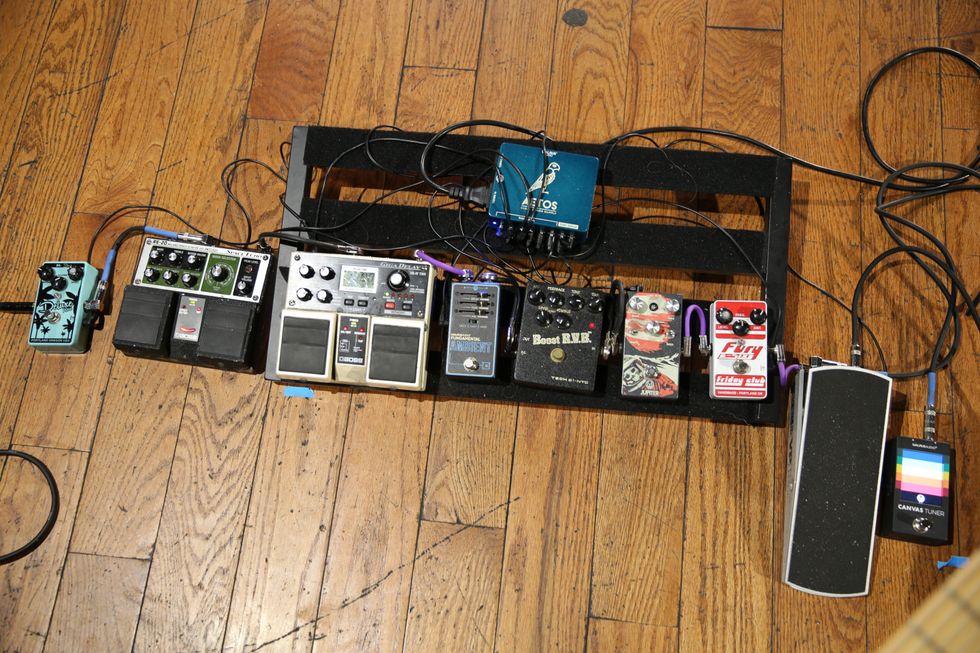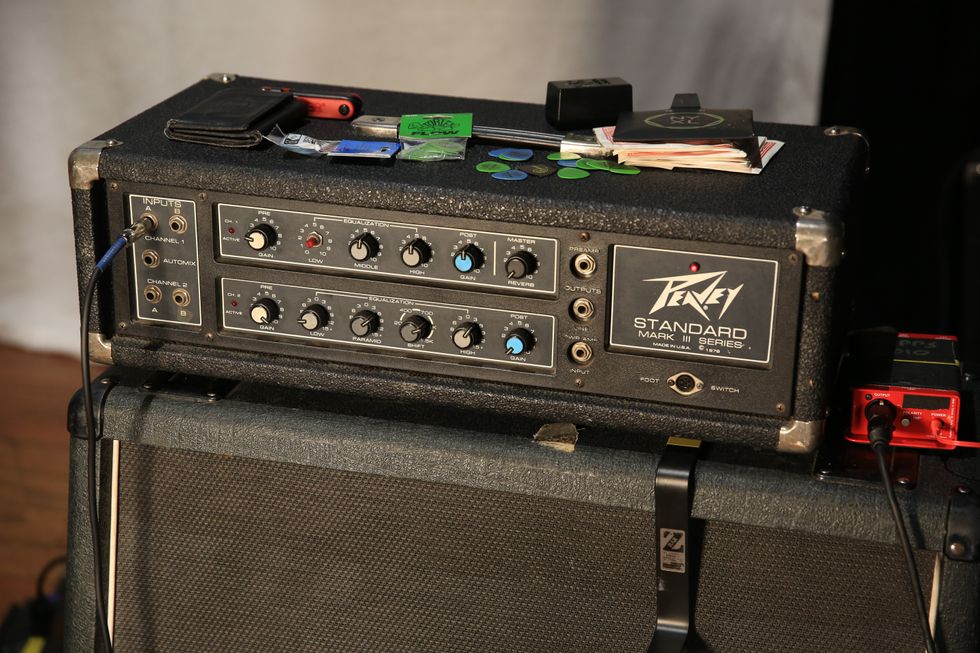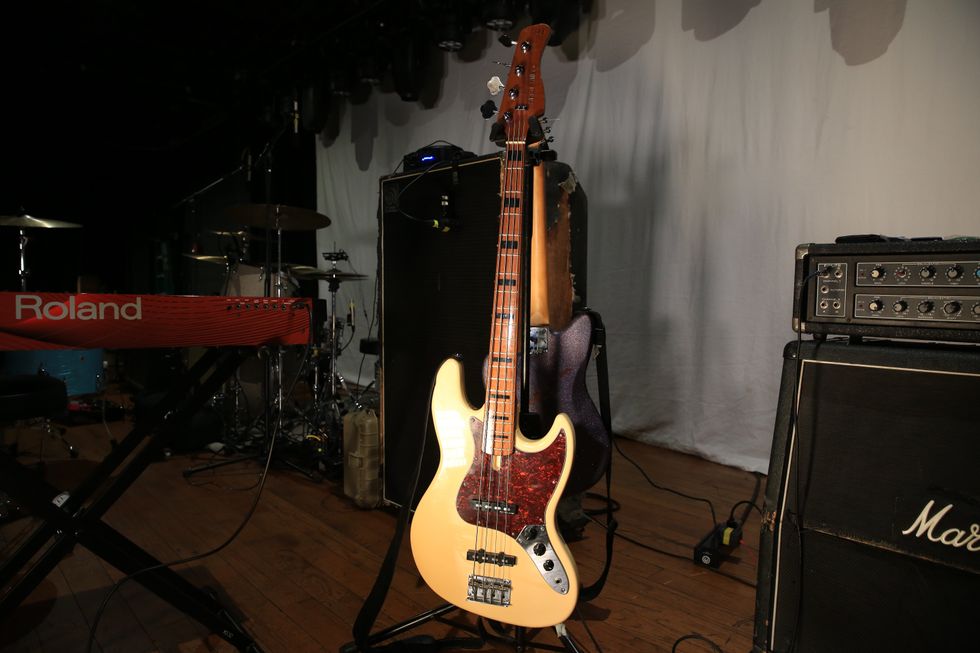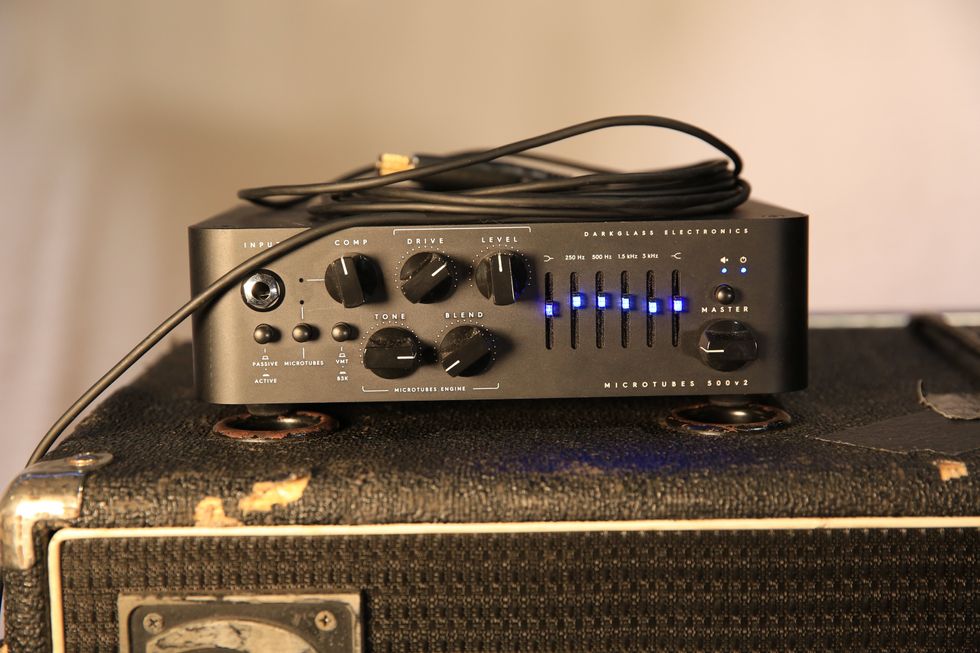Recorded direct into Focusrite Saffire 6 interface into MacBook Pro using GarageBand.
Clip 1 - Flat EQ.
Clip 2 - Bass boost at 25 percent and treble boost at 25 percent.
A few years ago, I had a chat with Tony Cimperman about the idea of resurrecting Modulus Guitars. His enthusiasm was contagious, as he shared his thoughts on the limitless possibilities of graphite’s application in guitar design. And although he didn’t reveal anything too specific, it seemed that Cimperman and master builder Joe Perman were definitely preparing for a reboot of the storied company. Modulus did, in fact, make its presence once again known over the following years, but the most significant development was revealed last summer at Nashville’s NAMM show, where the revived company unveiled a new adaptation of the Funk Unlimited model. Coined the Funk Unlimited RevOLite, Modulus has developed an incredibly lightweight instrument that preserves the sonic advantages of both graphite and wood.
Research and Development
It took nearly two-and-a-half years to create the RevOLite bass—a project committed to delivering optimum comfort and tone to players. The body is comprised of chambered alder with carbon fiber running through it, which not only reduces weight, but, Modulus believes, gives the body strength and improved resonance.
This reduction in body weight required Modulus to redesign their carbon-fiber neck, primarily for balance reasons. So, the RevOLite neck uses less carbon fiber than their standard necks, thereby lessening the instrument’s mass while preserving the vibrational transfer. (Modulus states there is no tonal difference between the RevOLite neck and one of their standard necks.) Keeping with tradition, Modulus caps the neck with their original phenolic fretboard.
Savvy gearheads might wonder why Modulus installed a truss rod in their carbon-fiber neck, since the material is known for its stability. According to Cimperman, the application simply allows players to adjust action to their taste—a set-and-forget option that offers flexibility for a variety of playing styles.
There are myriad electronic options available for RevOLite basses. Our tester was outfitted with the cool combination of an Aguilar OBP-1 preamp driving a Lane Poor Legacy MM pickup. With Lane Poor’s blessing, a former employee of his has resumed production using the same machinery to wind and design the classic pickups.
Graphite Delights
Another advantage to carbon fiber is its resistance to temperature changes. When the RevOLite arrived at my door, it just happened to be one of the coldest days of the year—4 degrees with sub-zero winds. It was evident by touch that the box had spent a long period of time suffering the wintry elements. Had any other instrument arrived in this condition, I would have given it a few hours—perhaps overnight—to acclimate to a stable environment. However, for the sake of this review and a prevailing enthusiasm to check out the bass, I decided to test the RevOLite’s integrity right away.
Opening the chilly hardshell case revealed a matte-black beauty—freezing cold but devoid of any visible damage from the weather conditions outside. I immediately plugged into a Peterson Stomp Classic tuner and, to my surprise, the bass was almost exactly in tune with only ever-so-slight movement from the tuner’s spinning strobe. After making some very subtle tuning adjustments to the bass, I left it alone for three hours to see how it would react after a temperature change. The second check indicated the RevOLite held tuning and was ready for performance.
Ratings
Pros:
Authoritative sound in a dependable, playable package. Very light.
Cons:
The price is way up there.
Tones:
Playability:
Build/Design:
Value:
Street:
$5,324 street (as tested)
Modulus Graphite Funk Unlimited RevOLite
modulusgraphite.com
Get ready to smile, bassists: The RevOLite tipped the scale at an impressive 6.7 pounds. Sitting with the instrument on the thigh was predictably comfortable, as was a classical-guitar orientation. Modulus Graphite’s latest held a solid playing position using a strap, though it couldn’t quite maintain more acute playing angles.
When assessing the response of an electric guitar (or bass in this case), discerning musicians tend to play the instrument unplugged. Unamplified, the Modulus bass was quite loud and each string spoke at a consistent level. Harmonics bounced out with confidence, even around the first and second frets.
To hear how the bass would cut through a loud environment, I took the RevOLite to a blues jam and connected it to a B|Amp and two HD112 cabinets from Bergantino. With everything set flat, StingRay-esque sounds projected from the instrument, but with added crispness and clarity. The Lane Poor Legacy pickup and OBP-1 proved to be an excellent pairing, with the boost-only preamp providing ample amounts of lows and highs. To my ears, a slight boost in the bass gave each note weight and low-mid definition, and while I would’ve liked to temper the highs with a passive tone control, the bass cut through the mix with a snappy top end.
Moving my plucking hand delivered plenty of tonal versatility. Playing over the fretboard had a punchy warmth that gave ballads a full foundation, while pulling the strings over the pickup gave shuffle bass lines lots of attack with a slight mid-scoop. At the end of the night, listeners remarked how punchy and powerful the Modulus bass was in supporting the ensemble.
The Verdict
It’s a great thing to have Modulus back in the fold, and the RevOLite is an example of the company’s hopefully bright future. They have created a bass that is light on the strap, heavy on tone, and impervious to the worst that Mother Nature has to offer. Its price tag will most certainly raise an eyebrow or two, but on the flip side, investing in a dependable instrument that delivers tonal consistency will likely provide repair-free performance. So, if you’re considering pulling the trigger on a professional workhorse that’s likely to provide many years of service, try taking the Funk Unlimited RevOLite on a test ride and, well, start saving.
Watch the Review Demo:


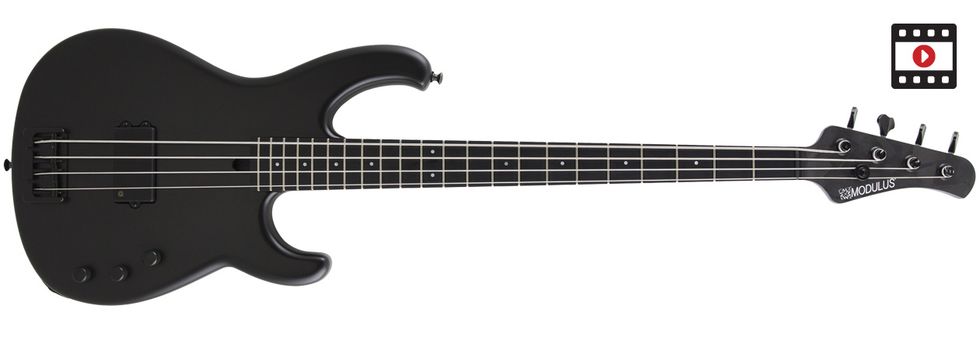



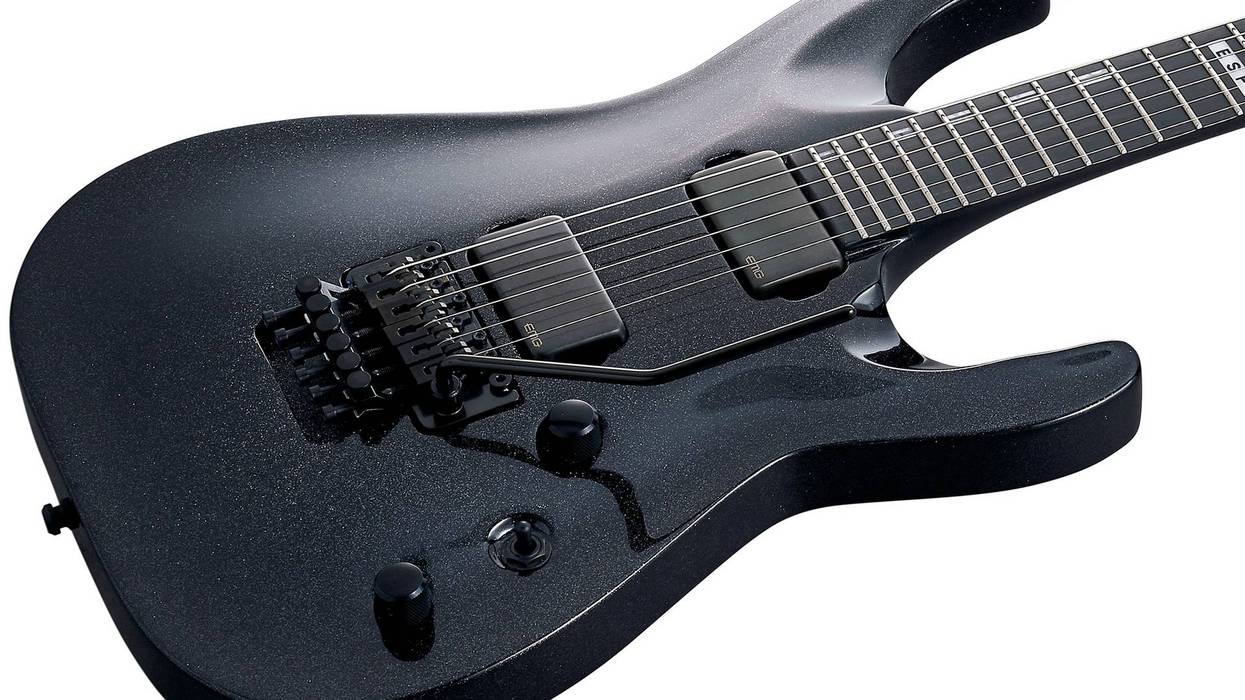
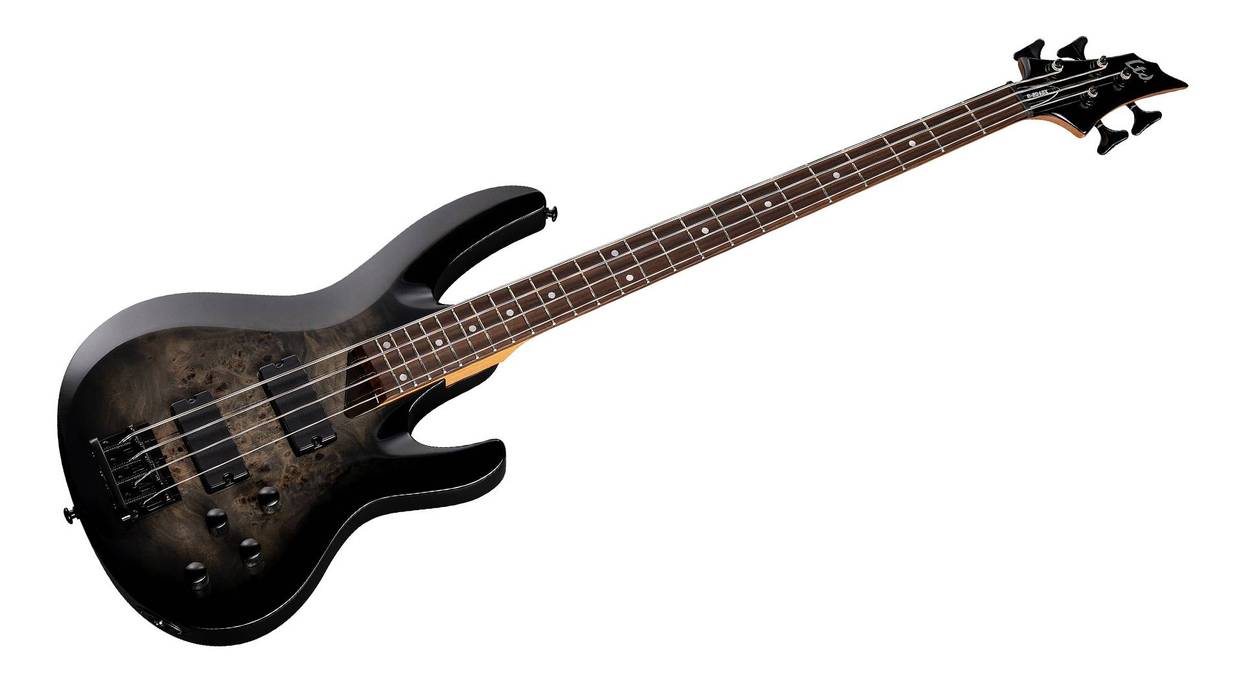
![Rig Rundown: AFI [2025]](https://www.premierguitar.com/media-library/youtube.jpg?id=62064741&width=1245&height=700&quality=70&coordinates=0%2C0%2C0%2C0)












 Shop Scott's Rig
Shop Scott's Rig